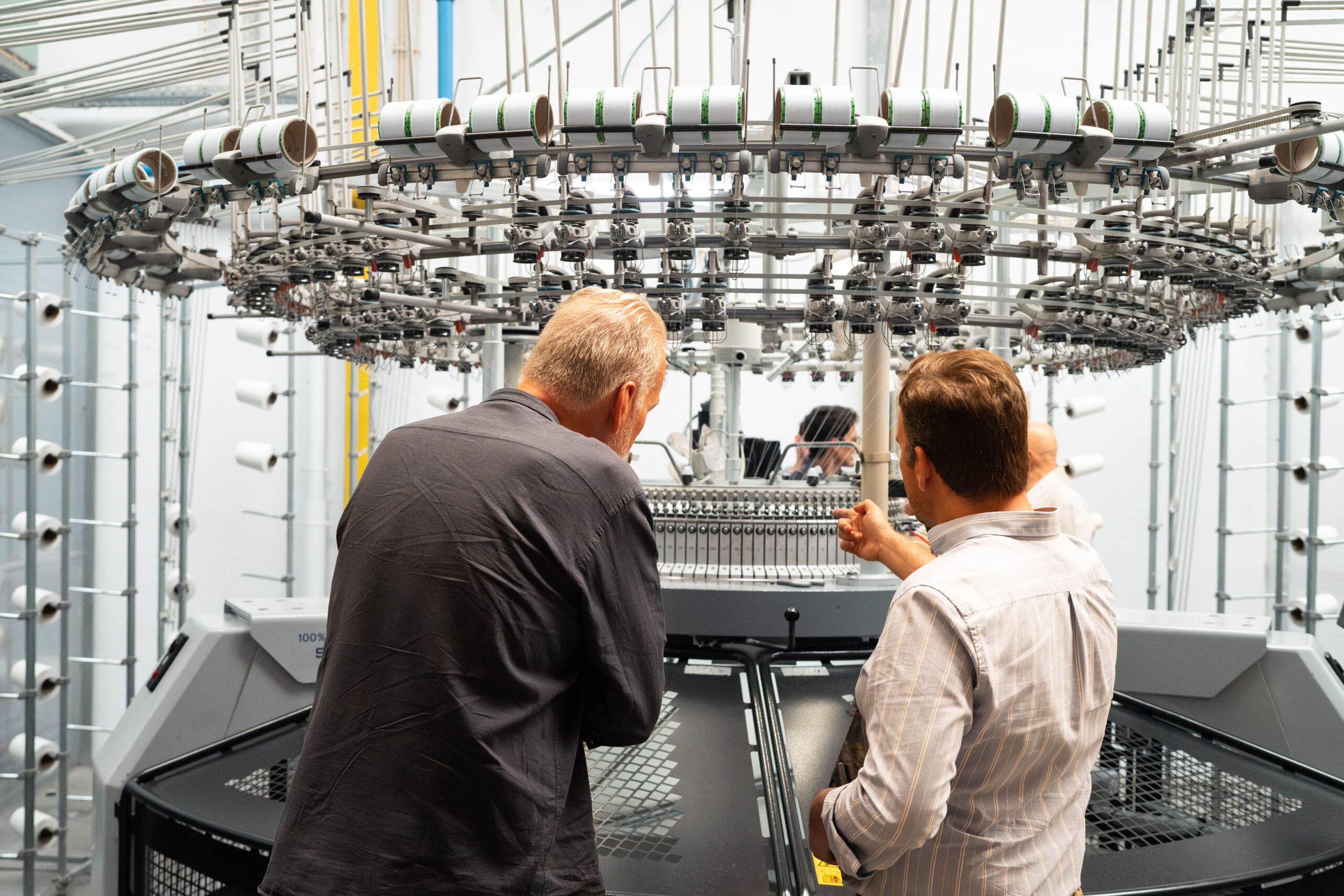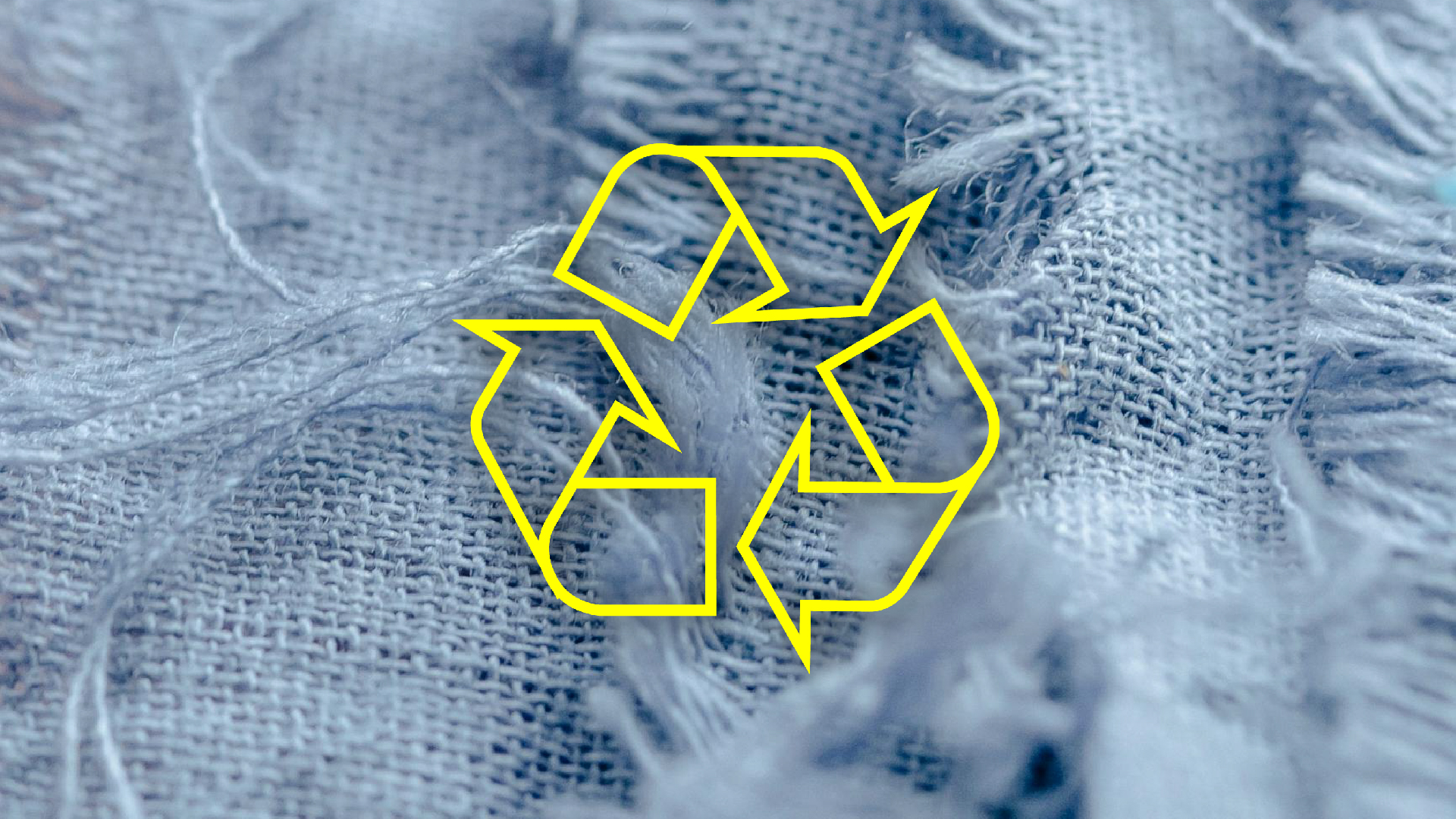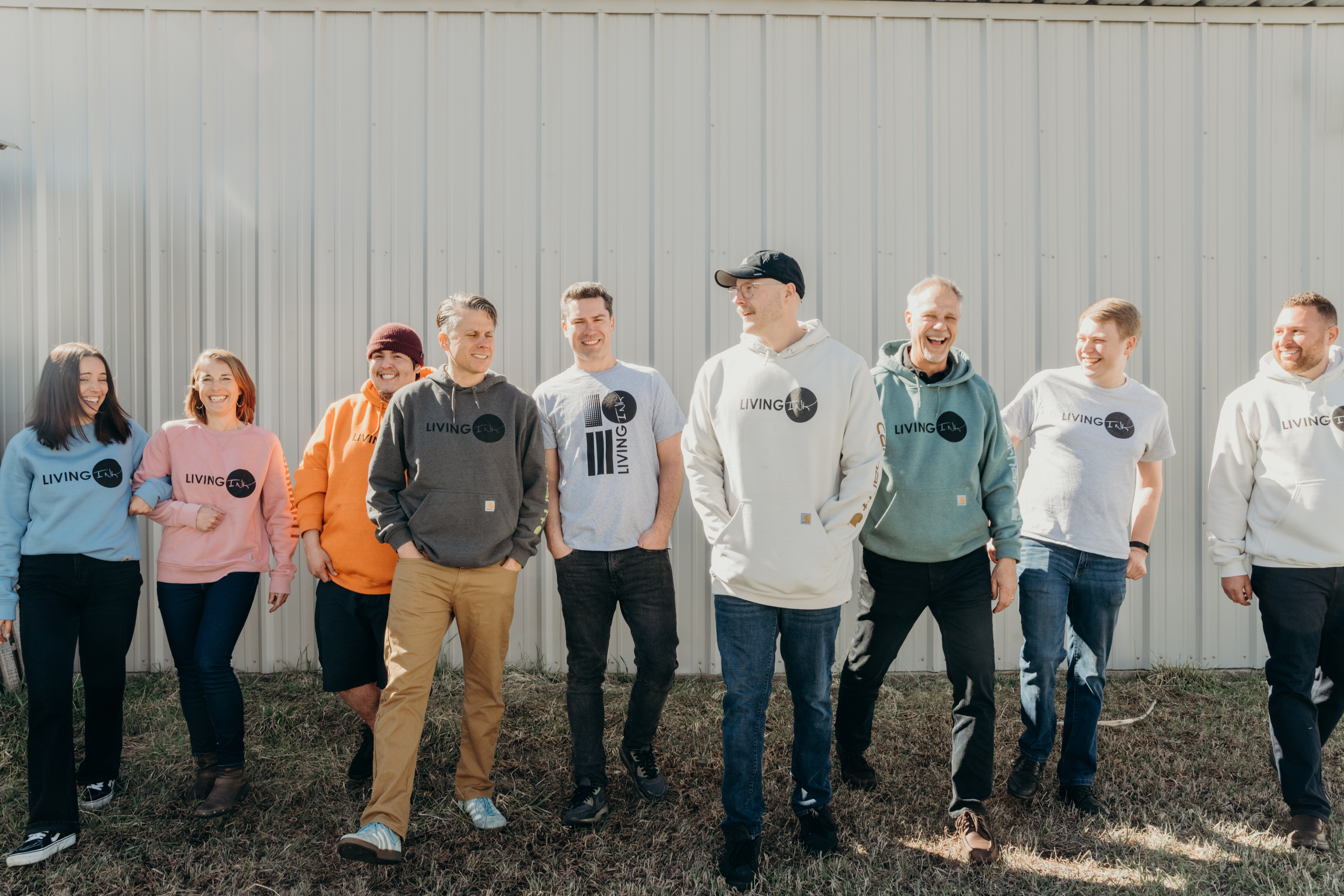Norrøna joins Fashion for Good
11 February 2019
AMSTERDAM- Norrøna is the latest fashion brand to join Fashion for Good, the global initiative to support innovations with the aim to transform the fashion industry towards a circular model.
Norrøna is driven to innovation through sustainable development, creating a perfect collaboration opportunity with Fashion for Good. “This global initiative to jointly transform textiles into a less intrusive industry through a non-profit partnership with other leading corporate partners was a perfect fit for us”, says director of innovation and sustainability at Norrøna, Brad Boren.
Norrøna is committed to helping new innovative and sustainable start-ups and to create a positive change that will benefit both consumers and our environment. As Norrøna does 95% of development in-house, it makes perfect sense to help provide feedback and guidance to those innovative start-ups.
“With Norrøna as an affiliate partner in our portfolio, we gain a solution driven and agile partner who has demonstrated deep committed to implementing sustainable innovations. Moreover, their in-house development approach and experience in responsible production is of great value for Fashion for Good and our ecosystem,” says Katrin Ley, Managing Director of Fashion for Good.
About Norrøna
Norrøna is a Norwegian outdoor company that continuously push the boundaries of functional product design to offer premium quality gear for any adventure. Our vision is to welcome more people to nature by making the greatest outdoor products with sustainability as an essential foundation throughout the entire value chain. Every year we donate 1% of our total revenue to causes and organizations working on sustainability and environmentally friendly initiatives.
Other Articles

In conversation with Smartex: Explore Smartex’s AI-driven solutions transforming quality control and reducing waste

Fashion for Good and Textile Exchange Team Up to Trace Textile Waste

